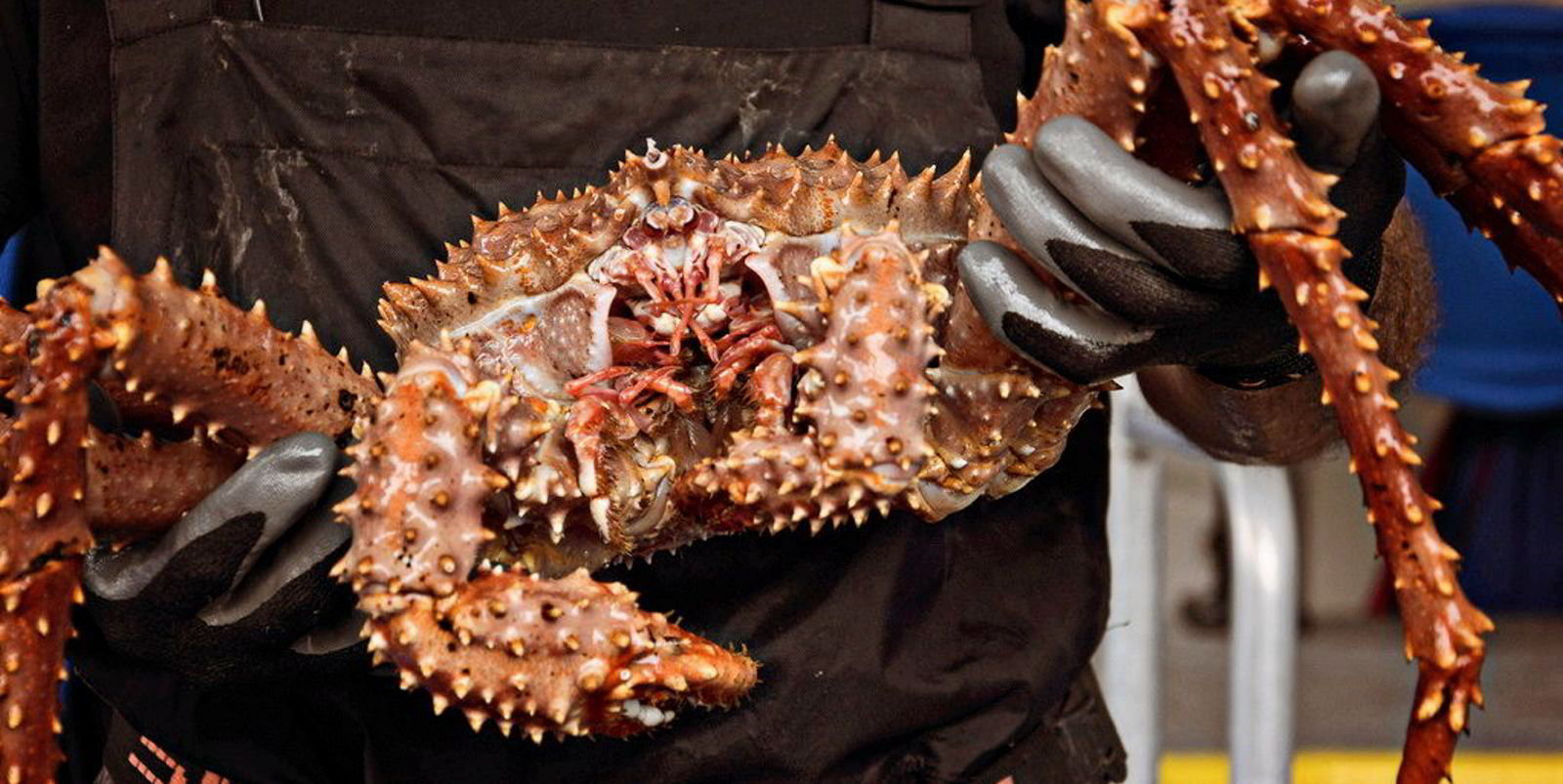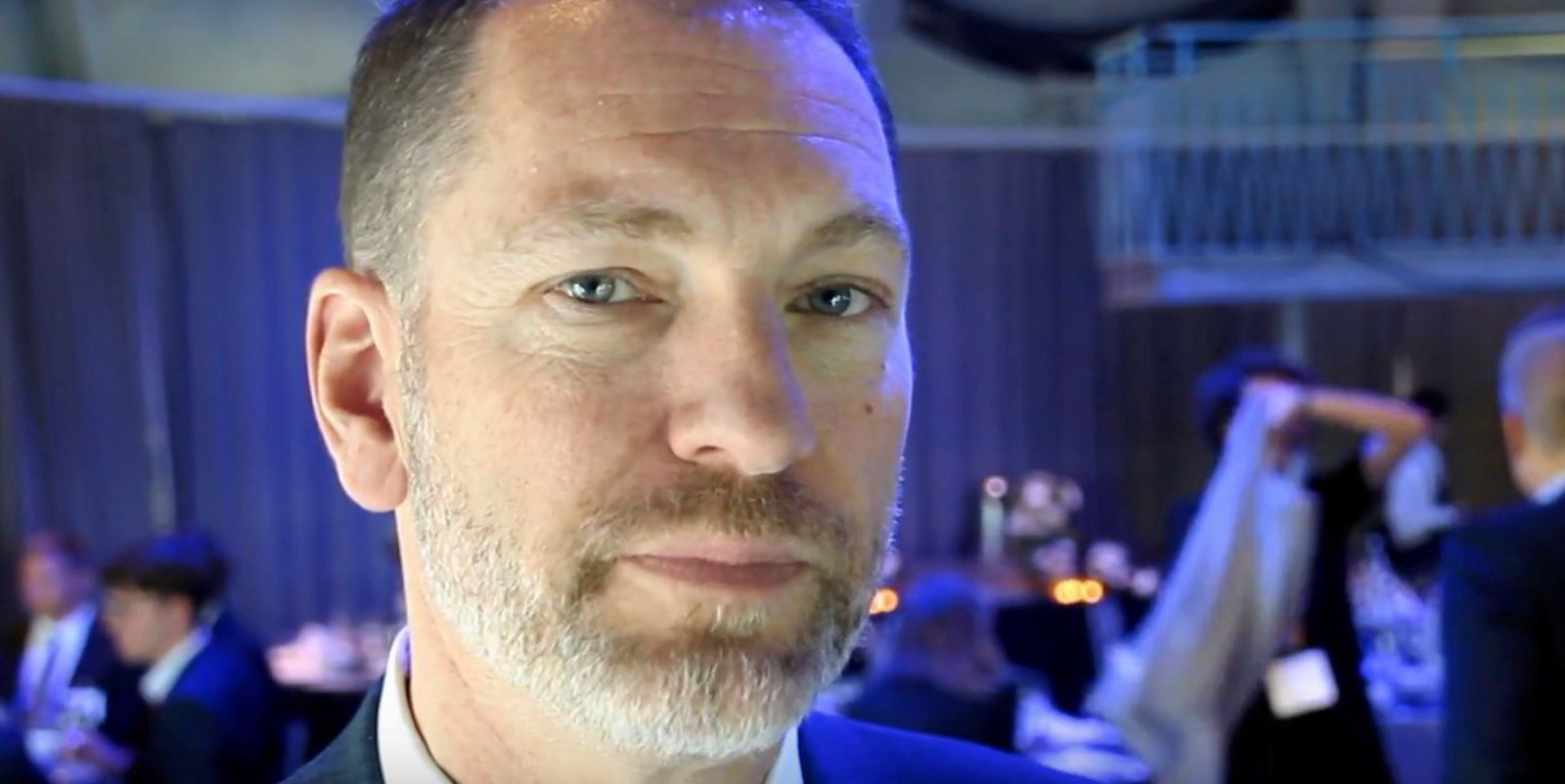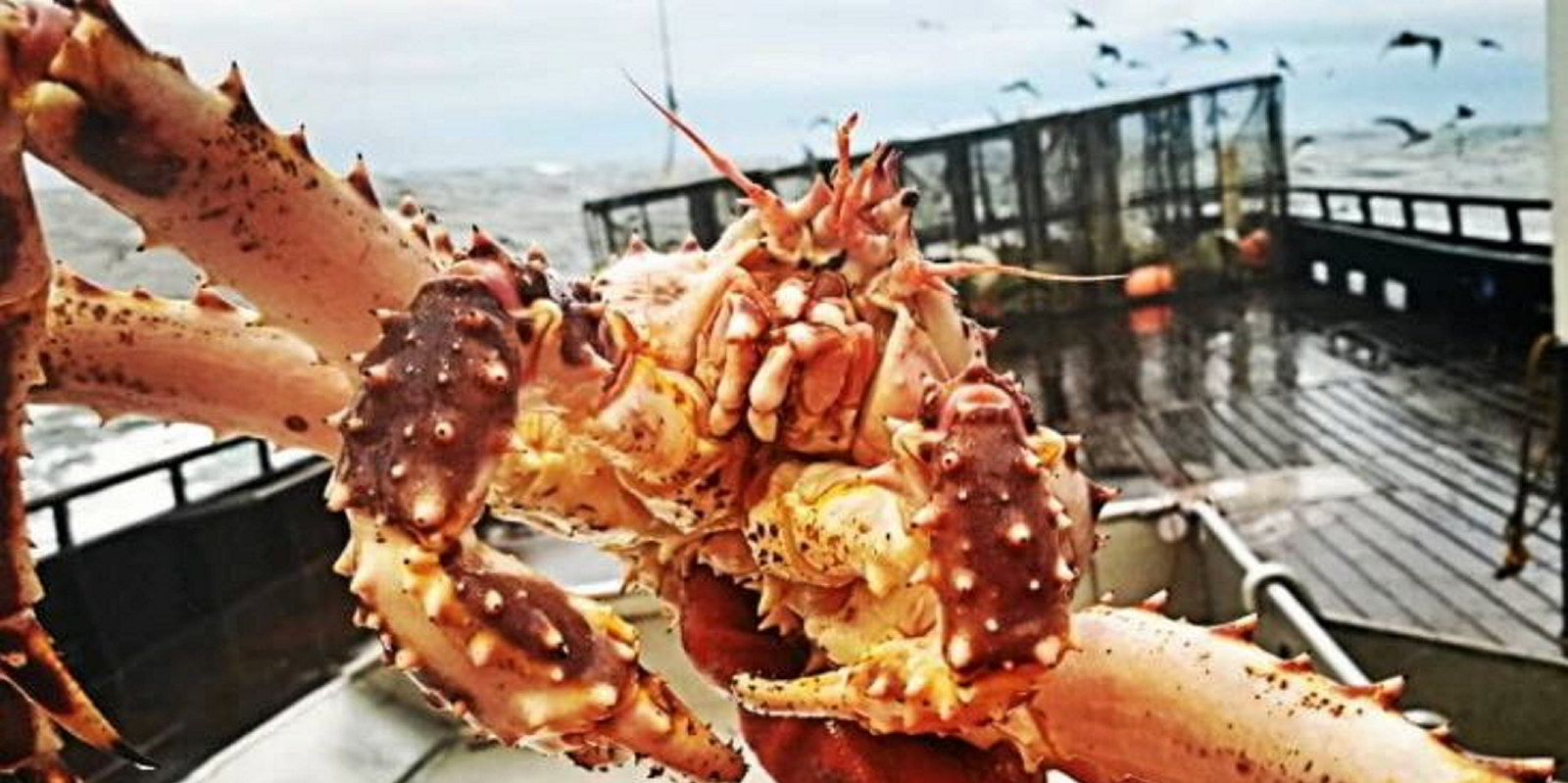Major Alaska pollock and groundfish harvesters are being asked to provide answers on how they are protecting Bristol Bay red king crab, following the cancellation of the fishing season for the first time in over 25 years.
Members of the North Pacific Fishery Management Council (NPFMC) earlier this month called on the Alaska pollock sector, as well as harvesters of crab, Pacific cod, and the Amendment 80 groundfish fleet to present voluntary measures by October to reduce crab bycatch in 2023.
A scientific paper presented by the council staff to the council in April found that trawling methods that make contact with the seafloor is one factor impacting red king crab stocks.
The paper noted that Alaska pollock accounted for nearly all groundfish caught with pelagic trawl gear over the past decade.
Researchers stated there was no conclusive evidence trawling was a principal cause for the Bristol Bay red king crab stock decline, adding that the population reduction is not clearly understood.
Based on the report findings, the NPFMC said it hopes to discuss potential "dynamic closed areas" or other options for protecting mature female crabs.
Sam Cunningham, an economist with the NPFMC, who was an also an author of the paper, told IntraFish any actions the council ultimately takes to change harvesting would be done in coordination with the Alaska Department of Fish & Game (ADF&G).
ADF&G manages the Bering Sea red king crab fishery, while the National Marine Fisheries Service manages catch allocations and bycatch in groundfish fisheries, which are set under the direction of the NPFMC.
Crab harvesters have voiced alarm over the potential impact other fisheries have on the king crab stock.
Jamie Goen, the executive director of the Alaska Bering Sea Crabbers, which represents the crab sector, told IntraFish the council's actions are helpful but do not go far enough.
"It is a step in the right direction," she said. "However, we're concerned it leaves out some important protections for crab, and action is not happening fast enough to help rebuild Alaska's iconic stock, which has been on a downward trend for over a decade."
The Alaska king crab harvest is one of the most lucrative fisheries in the state and in the United States. Goen estimates the closure resulted in a loss over $200 million (€181.6 million) worth of harvest.
"It is simply unacceptable for the [NPFMC] and state, with a management responsibility to keep this stock sustainable, to allow this to happen at the cost of now closing down the directed crab fishery and harming Alaska’s coastal communities and fishing families that rely on hundreds of millions of dollars from the crab fishery for income and tax revenues," Goen told IntraFish.
"It has ripple effects to the municipalities, local schools and support businesses from this closure."



